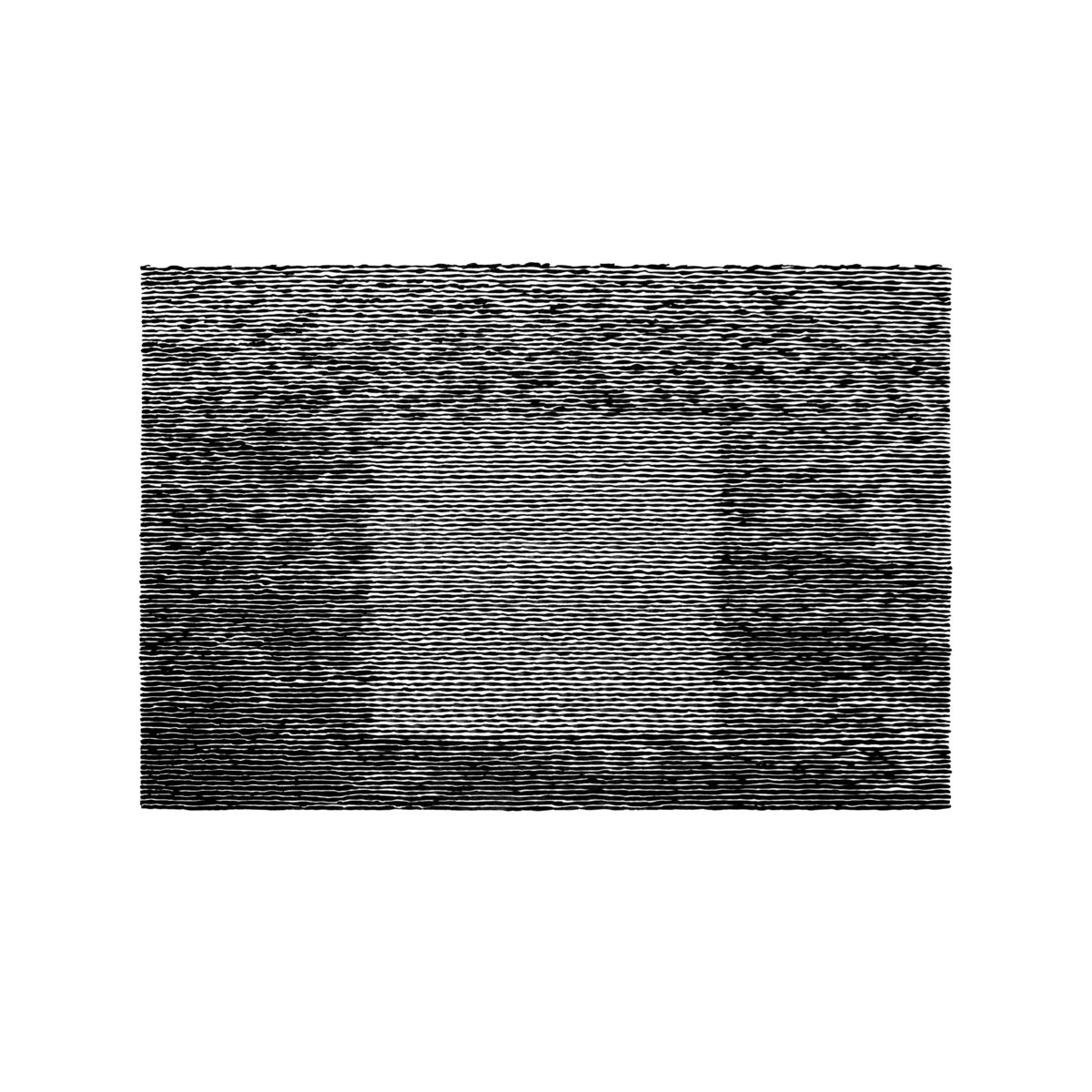By: Lucas Schleicher
Tracklist
1. The Races
2. Parking Lot
3. Driving
4. Thanksgiving Song
5. Birthday Song
6. Blouse
7. Breathing
8. Coal Train
Note: The CD and LP feature eight tracks while the digital copy combines "Breathing" and "Coal Train" into a single seventh track
Grouper’s first album in four years is eights songs long and clocks in at a hair under 22 minutes. Not just short, it’s a concise and elliptical collection of fragments that lands deeper in abstract territory while trading almost exclusively in the same piano and voice that Ruins did. But there’s no 11 minute conclusion, no disguising melody beneath layers of distortion and texture, just a healthy sustain pedal, vocal multitracking, and the keen application of harmonic color. In the spaces she might normally fill with sound, Liz Harris instead chooses silence. As a result, the lyrics and sounds we get are compressed—layered because they are ambiguous, cut from an emotional or personal background that is implied and always withheld.
Harris’s experimental disposition is clearer on Grid of Points than it has been on any of her previous albums—just don’t mistake the clarity and unembellished manner of her performances for the experiment. Stylistically and instrumentally, there’s a lot here that’s recognizable. The singer-songwriter’s toolbox, on display from Wide through The Man Who Died in His Boat, has long been a staple of the Grouper sound, and Ruins made it clear just how talented she is with a piano in the spotlight. The risk taken on Grid of Points is structural. Songs end unexpectedly and melodies—like the one that closes “Thanksgiving Day”—drift away mid-progression. Moods rise to the surface without precedent, as with the uneasiness of “Birthday Song,” and other ideas come to a halt the moment they encounter an obstacle, an effect you can hear in the repeated chords on “Parking Lot.”
These rough edges are compounded by the effect of time on the album’s shape. Grid of Points establishes a background against which these songs could be understood, but only partly. It’s tempting to picture the Wyoming room where Liz Harris recorded these pieces but there’s not enough information to complete the endeavor. At best, the picture would be a sketch: bare walls, white paint, maybe a window opaque with reflections. The specifics are hazy, even if the usual connotations of major and minor chords are present; melancholy, happiness, and relief simply don’t tell the whole story. The album, then, offers exactly what its title announces: discrete points that sit in unspecified relation to one another. The distances between them, the places where they might have traveled, come into focus even though nothing occupies the emptiness.
Ultimately, it’s absence that defines the record: a sense that what is unfinished can be as good as what is refined and worried over. The music isn’t entirely unscripted, but there’s a feeling that it didn’t turn out as originally planned. Harris’s willingness to allow brevity and innuendo into her music—her acknowledgment that these fragments stand on their own—mimics some of the unrehearsed qualities of improvised music. T. Carl Whitmer, one of many improvising musicians quoted in Derek Bailey’s Improvisation, advised performers not to concern themselves with “finished and complete” pieces, recommending instead that ideas be “kept in a state of flux.” Chipping away at song form, as Harris does, is one method of accomplishing that.
Grid of Points concludes with “Breathing” and “Coal Train,” a pairing that might as well be a single song. The former runs for a minute and a half. The latter, a field recording of a passing train, interrupts it mid-sentence. It’s unlikely such a coupling happened by accident, but the feeling is that these songs should be allowed to speed away in the same manner. The idea that a melody, a song, or an album is ever finished is an illusion anyway, all of them arbitrary stopping places better understood as temporary points on a much longer line.
